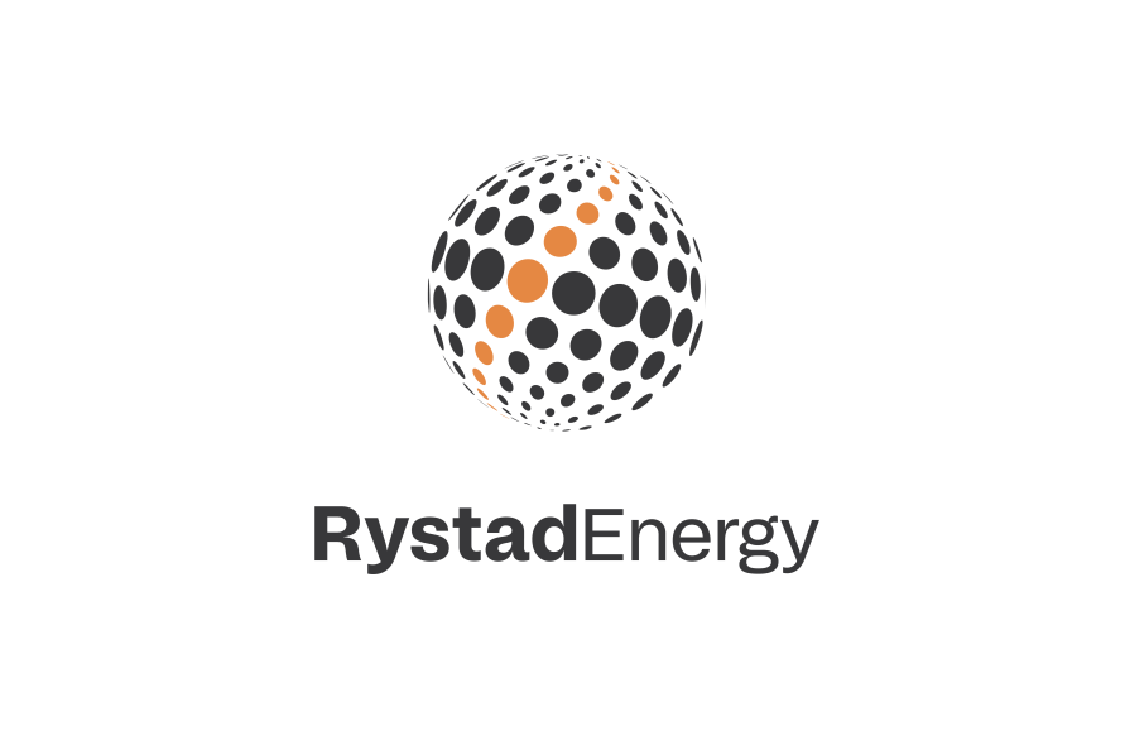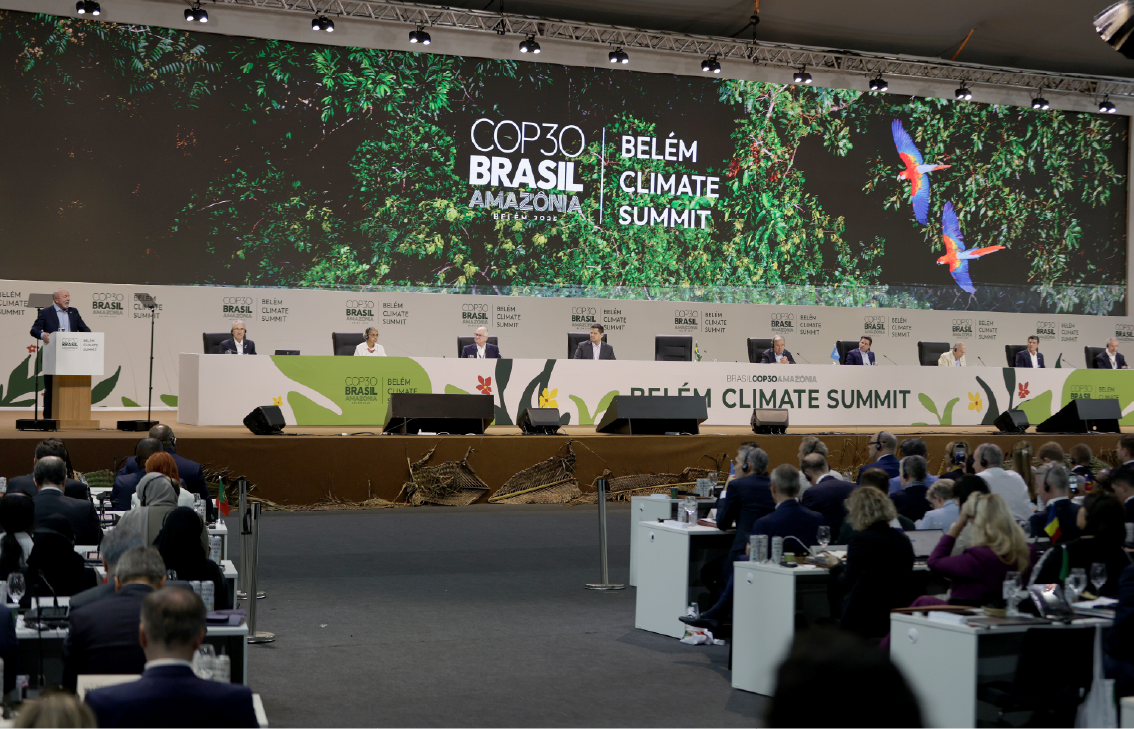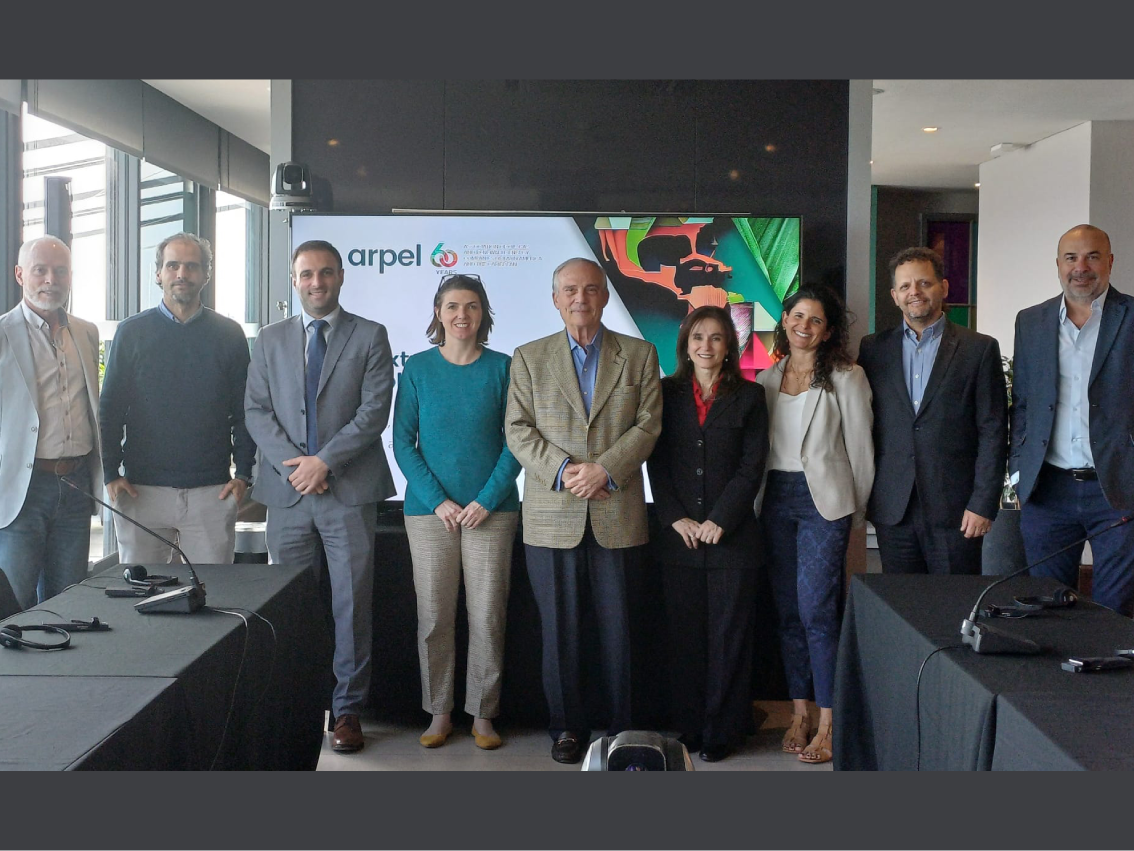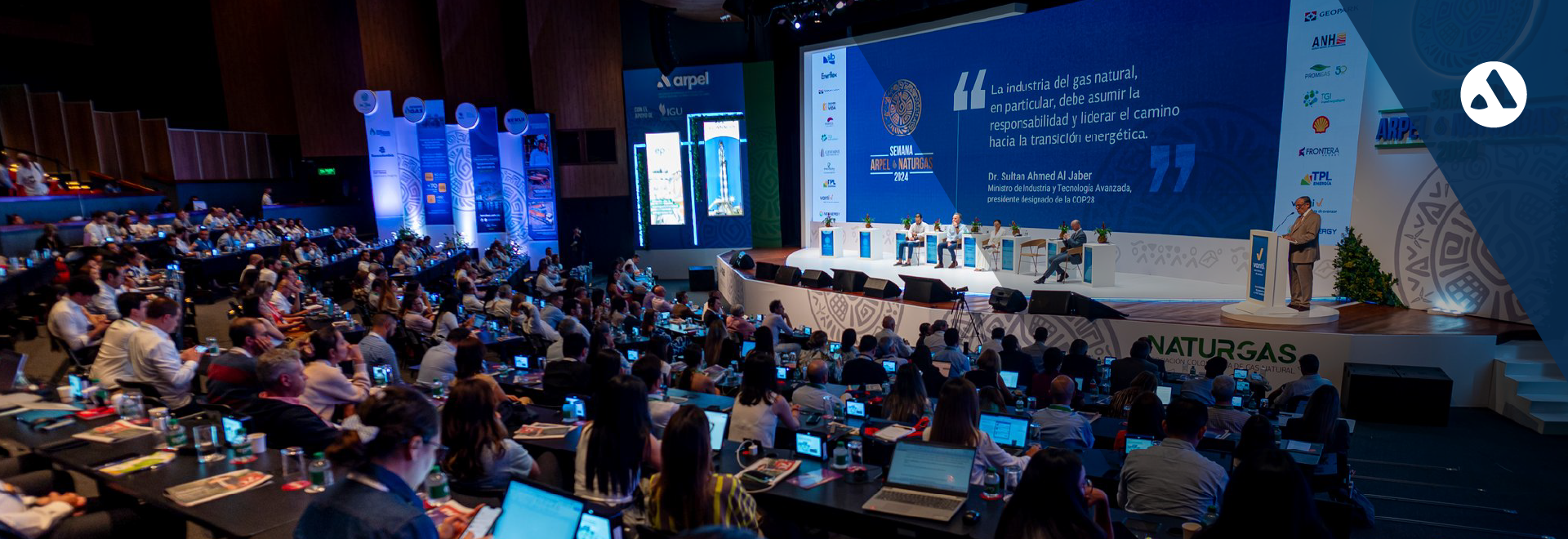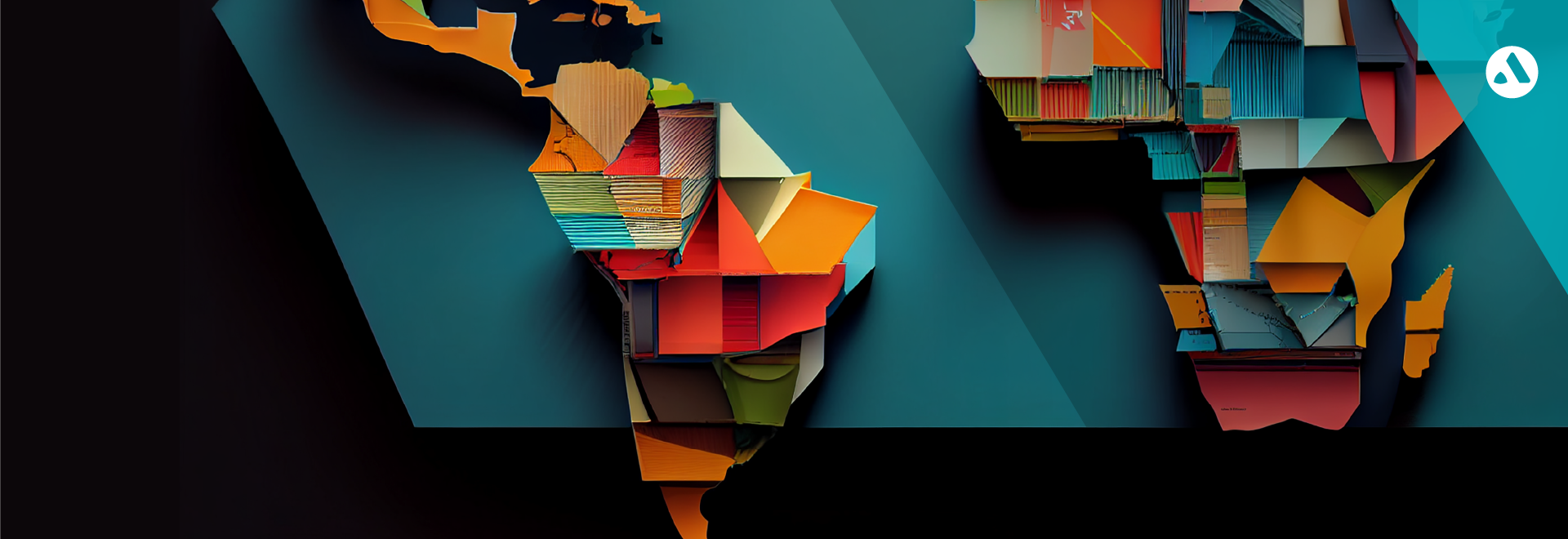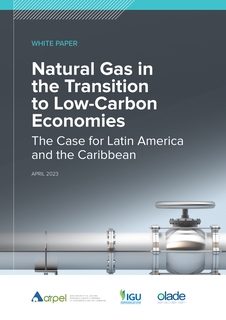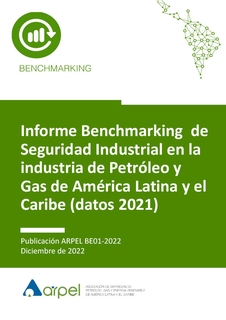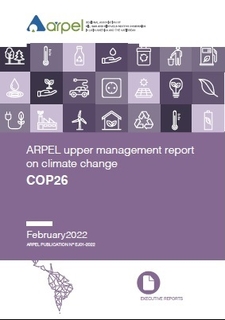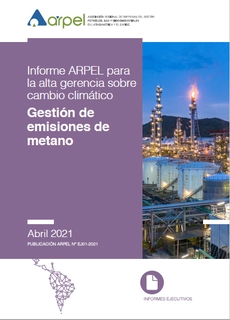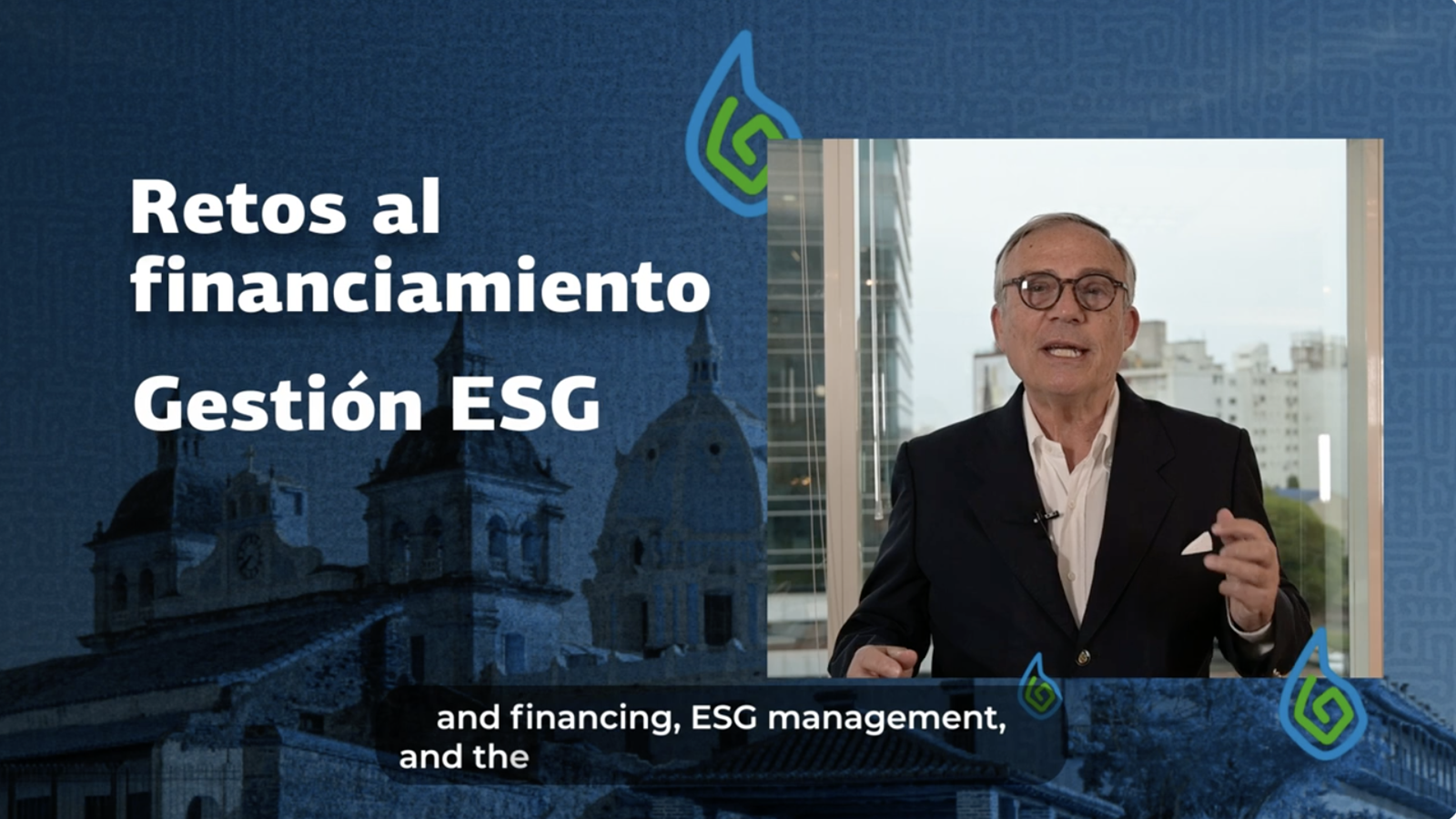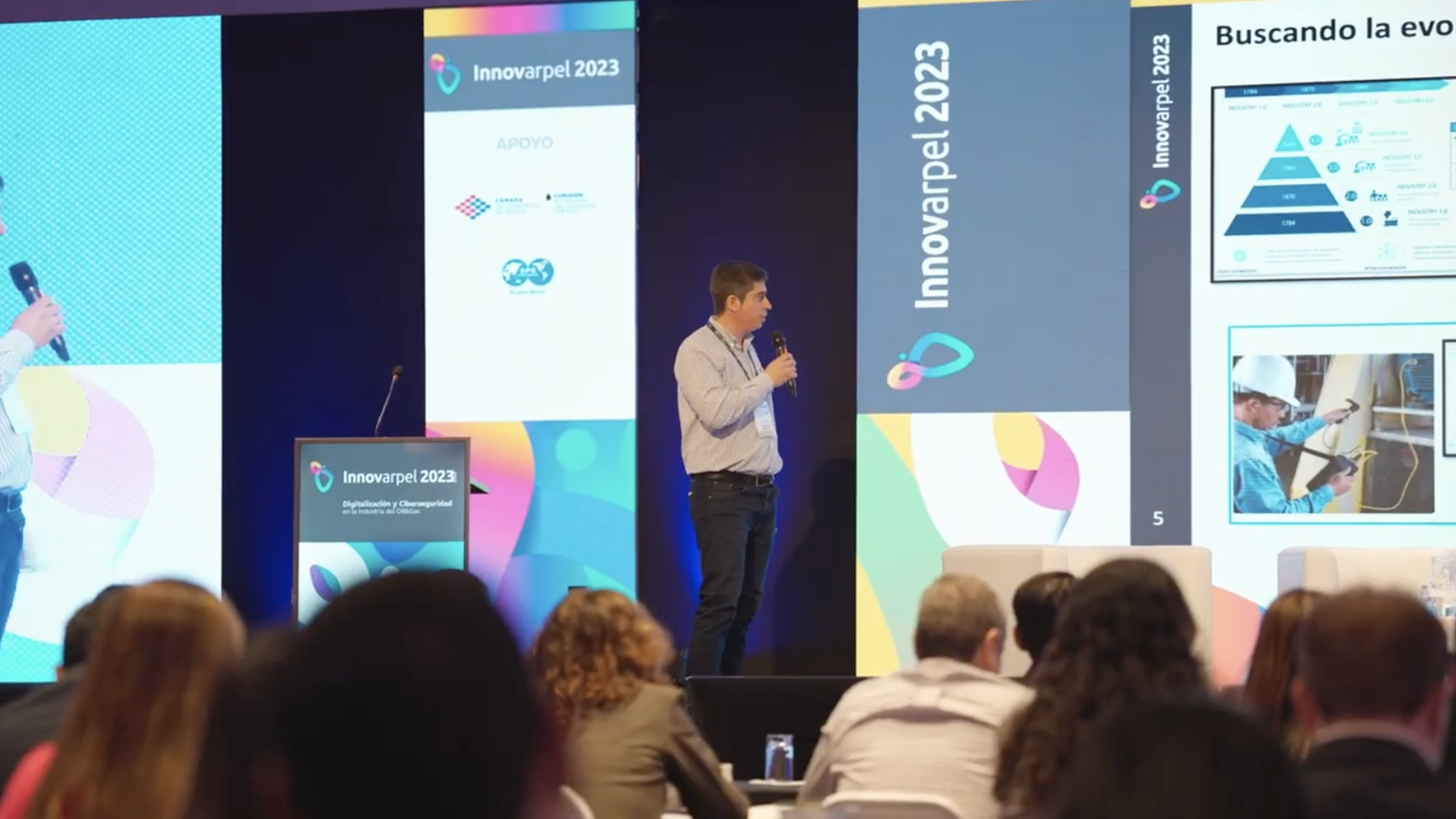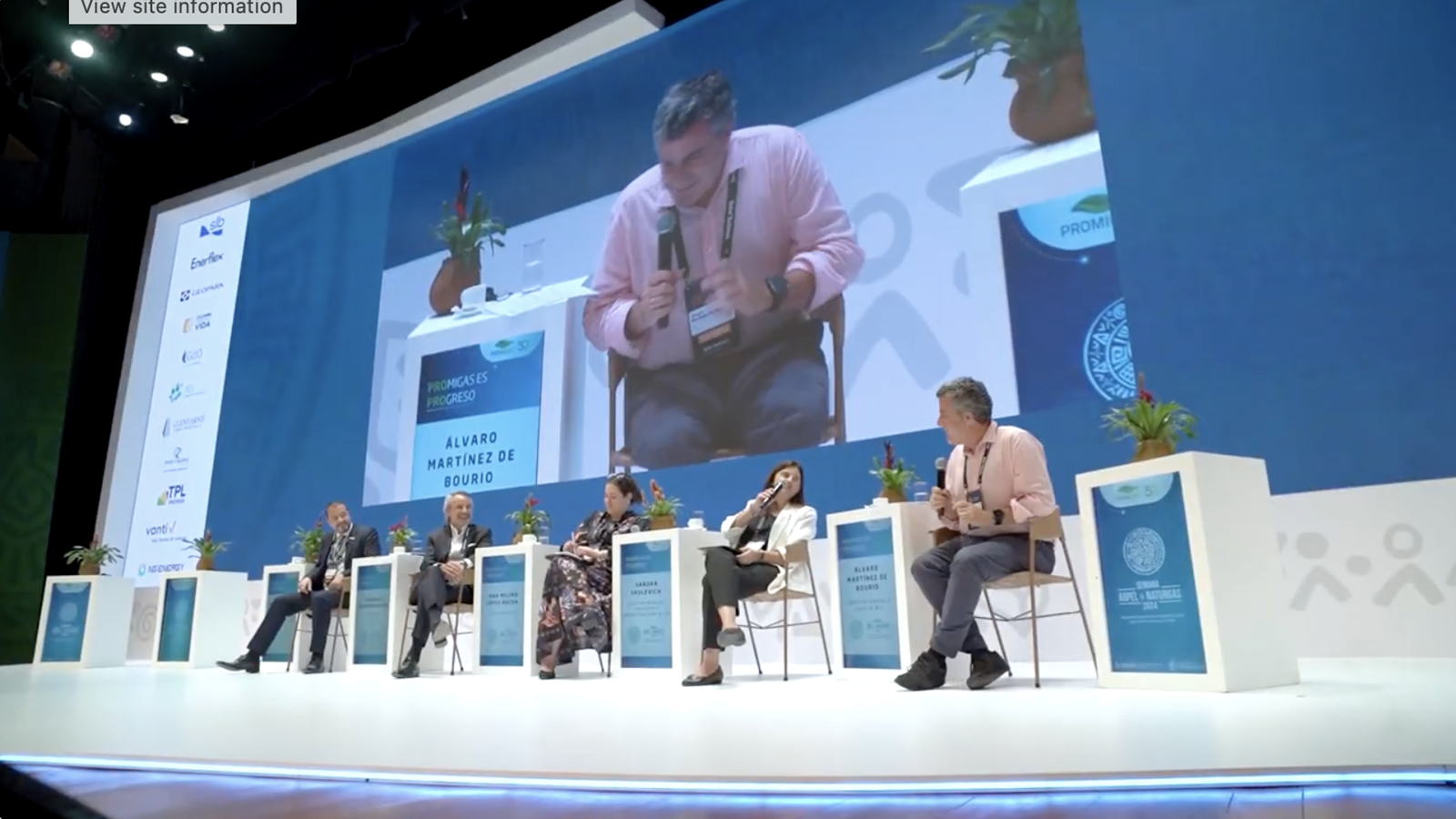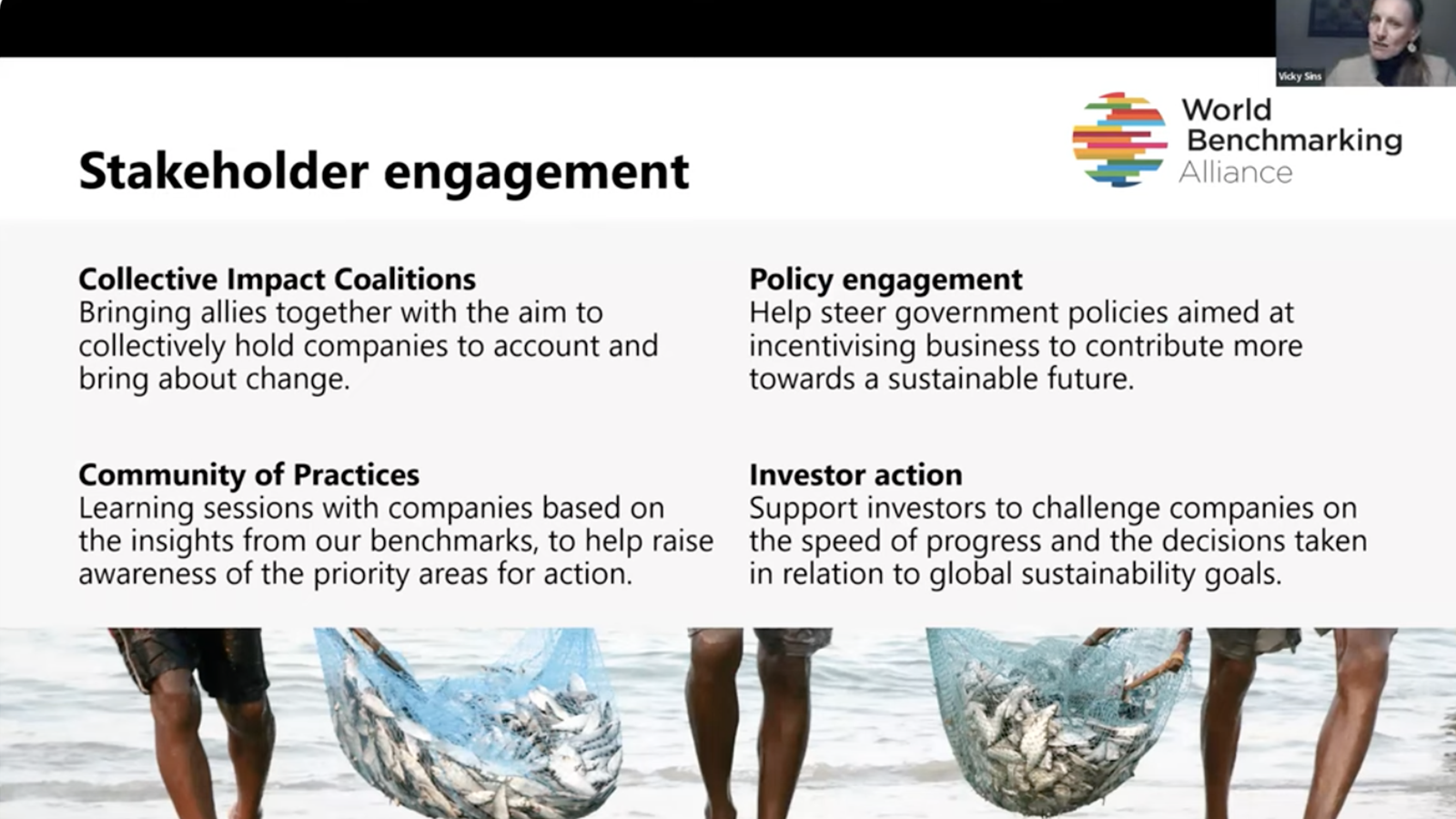
On June 10th in Cali, Colombia, the Second Meeting of Arpel's Sustainable Management Committee took place, a space for dialogue and collaboration among sustainability experts from member companies.
The workshop was held within the framework of the "Sustainability Facts" event, organized by the Colombian Oil and Gas Association (ACP).
Two major themes guided the day: Social Investment with a vision for productivity, and Greenwashing and the quality of Sustainability Reports.
Regarding the first topic, and through the experiences shared by Darwin Vega of Tecpetrol Ecuador and David Vásquez of TGP Perú, the Committee reflected on how social investment can be a strategic mechanism for stability and operational development. It was emphasized that education and capacity building are key tools for generating opportunities in communities and, in turn, benefits for companies.
The Committee will move forward in 2025 with the creation of a guide to good practices, adapted to the diverse contexts of the region.
Meanwhile, the analysis of greenwashing led to a shared conclusion: the greatest risk facing the industry today is the lack of confidence in its ability to operate responsibly with the environment and people.
Juan Viana of FTI Consulting underscored the link between clear information, trust, and the quality of stakeholder relationships, and shared three steps to consider to mitigate the risk of greenwashing: protect (ensure the quality of information shared), strengthen (strictly manage the reporting mechanism), and promote (disclose responsibly).
Carlos Aya of Shell, for his part, invited us to reflect on the idea of "I do what I say."
In the session dedicated to internal risk management, led by Mónica Tangarife of Ecopetrol and Santiago Martínez of GeoPark, practical solutions and tools were identified, such as internal audits, external verifications, due diligence, assigning responsible parties in each area, and the use of artificial intelligence for data management and traceability.
The workshop also featured the participation of Germán Zarama, Manager for Latin America and the Caribbean in Responsible Business Conduct (RBC) at the Organization for Economic Cooperation and Development (OECD).
The expert shared the successful development of the new self-diagnosis tool for companies, a mechanism aligned with the reference frameworks of the United Nations, ILO, and OECD, and the roadmap for joint work with Arpel.
For Arpel's Sustainable Management Committee, coordinated by Pablo Ferragut and Mónica Ospina, these types of meetings are essential for sharing learning, generating regional guidelines, and jointly building an energy sector adapted to the realities and challenges of Latin America and the Caribbean.





